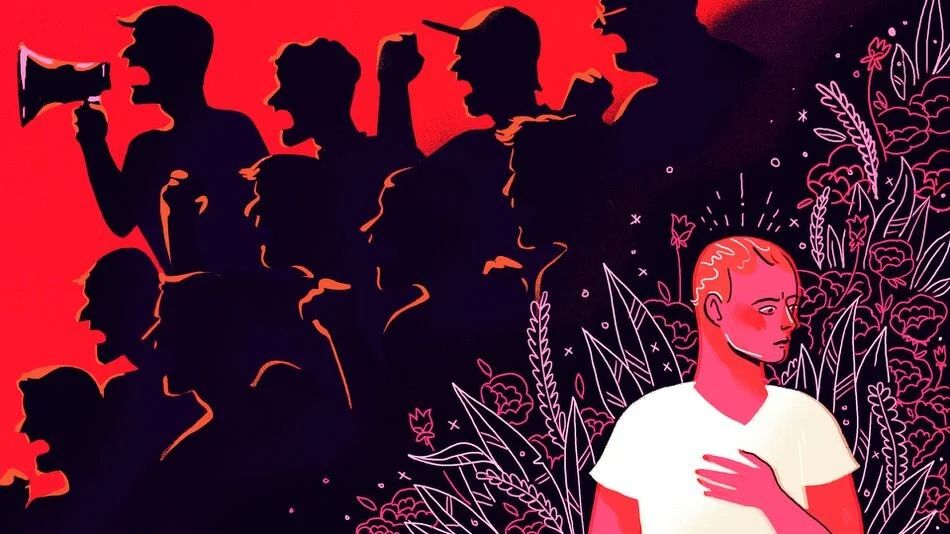Frustration Leads to Violence in Masculinity Culture
A study published in the Journal of Personality and Social Psychology proposes that when an individual’s goals are thwarted, they are more likely to comply with social norms.
When goals are threatened or blocked, it can trigger misplaced aggression and violence. According to the frustration-aggression hypothesis, this reaction occurs because thwarted goals trigger primitive impulses towards violence. This inhibits self-regulation and ultimately decreases compliance with social norms.
Conversely, the researchers suggest that when a goal is thwarted, individuals search for another way to fulfil that need. Specifically, individuals may satisfy that need by embracing the normative values of their social group. The researchers called this the frustration-affirmation model.
Thus, thwarted goals will only lead to violence if the individual’s social network embraces norms that promote power displays (e.g. masculinity culture). If, however, their network’s norms involve volunteering and helping others, they’re more likely to endorse charity when their goals are thwarted.
The study & findings
The researchers performed a series of experiments to test their hypothesis. They began by examining whether education level plays a role in male gun owners’ responses to thwarted goals. They recruited 403 male U.S. gun owners and divided them into a failure condition and a control condition.
Participants in the control condition were given an easy puzzle, while those in the failure condition were given a puzzle that was impossible to complete. The participants were also informed that the puzzle was a test of their cognitive ability which was linked to their intellectual capacity and career potential.
The results of this experiment showed that goal thwarting (i.e. not being able to complete the puzzle) led to more positive attitudes about guns if the individual had a lower education level and was a defensive gun owner.
For the next experiment, the researchers were curious how gun culture and masculinity culture promote the use of guns to assert power and dominance. Male handgun owners were asked to complete a shooter simulation task that required them to shoot armed targets and avoid shooting unarmed targets.
The researchers also documented whether participants felt they’d face job termination in the next 12 months. Job termination was used as a measure for goal-thwarting. Additionally, participants were given a questionnaire to assess how much they ascribed to masculinity culture. For example, they were asked how much they agreed or disagreed that “it’s a man’s responsibility to protect his family”.
The researchers found that participants were more likely to shoot unarmed targets when they faced possible job termination, had a lower education and supported the norms of masculinity culture. Since masculinity culture promotes violence, these participants appeared to comply with the social norms of their network.
In the following experiment, the researchers wanted to show that higher education doesn’t represent immunity to thwarted goals. The recruited college graduates and asked them to complete a scrambled word task that primed half of them with an achievement goal. After which, all of them were given a difficult task that led to a failure experience.
Immediately after this, participants were presented with a text that described the atrocities of the Syrian civil war and the battle against ISIS. The participants were then told that U.S. military intervention was generally supported by college graduates but not by non-graduates.
The outcome of this experiment revealed that thwarted goals made the participants comply with the perceived norms of their social network. Since the norms of those with a higher education typically lean towards nonviolence, the college graduates in this experiment also endorsed non-violent acts.
They also shifted their self-reported values to align with the perceived norms. Thus, those with a higher education appear to be just as likely to comply with social norms when their goals are blocked.
In sum, the researchers found that a tendency towards violence is more likely to occur amongst goal-thwarted individuals whose social networks encourage violence. This supports the frustration-affirmation model which proposes that frustration (due to blocked goals) drives people to satisfy their unfulfilled psychological need by complying with the norms of their social network.
Whether someone behaves violently or non-violently depends on the values that their network promotes. Lastly, lower education level and masculinity culture also interact to increase the tendency towards violence.


